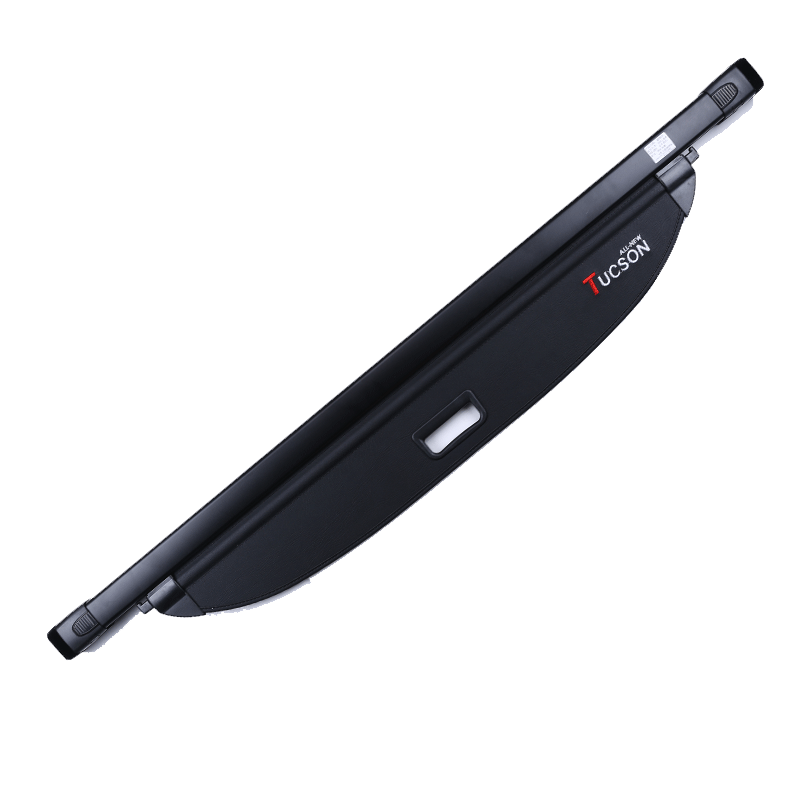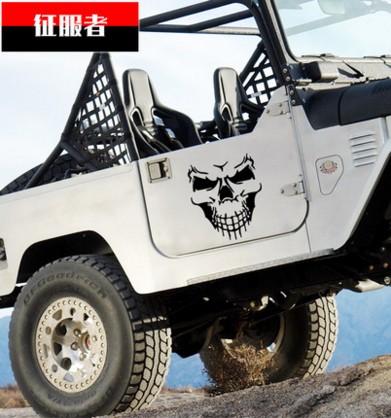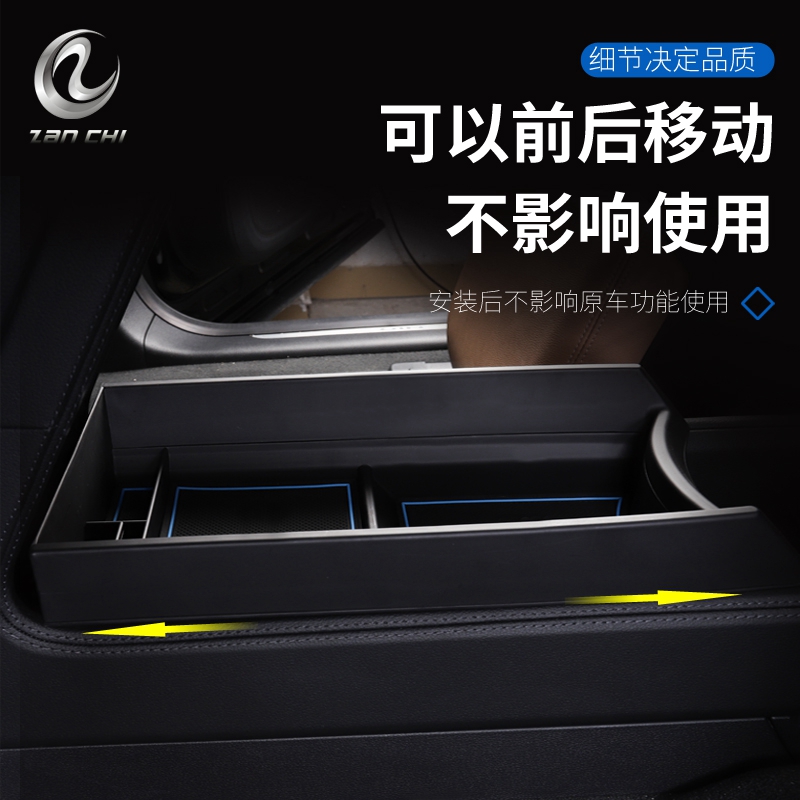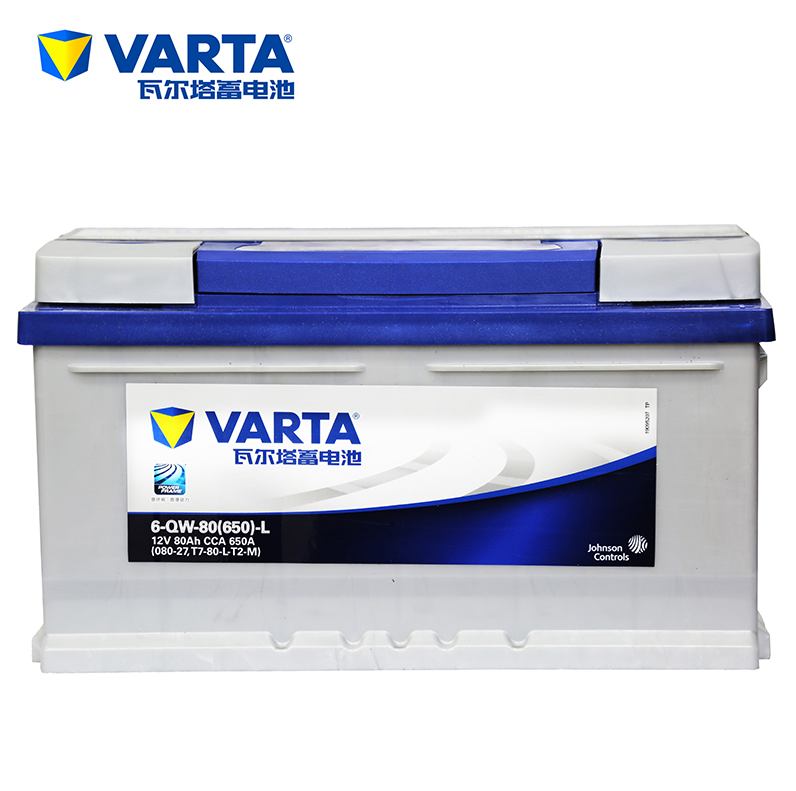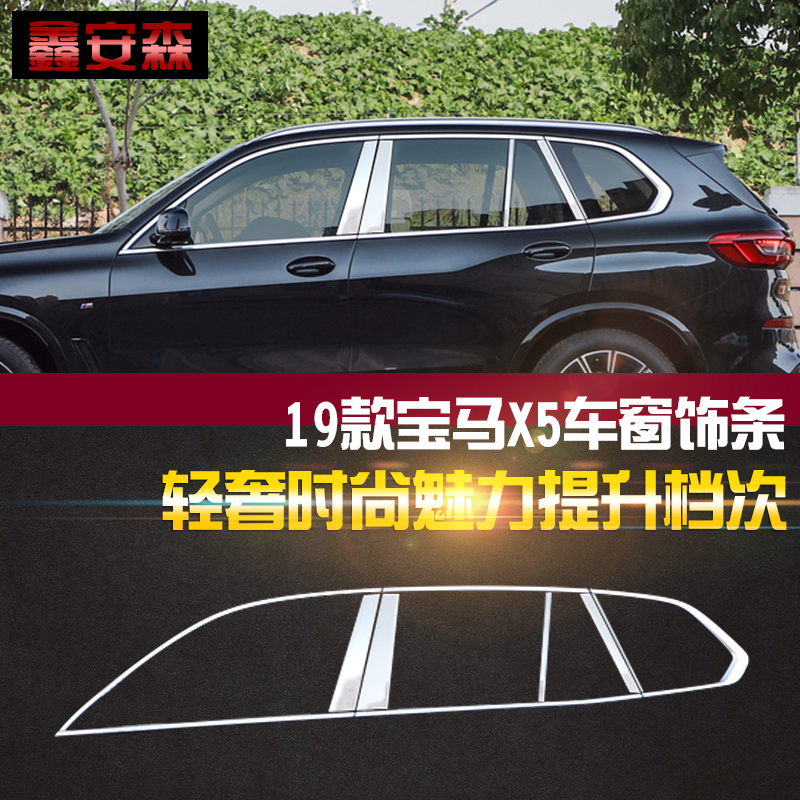Can 'Freikauf' solve inter
2024-06-01 18:59:07 点击:598
By Kim Se-jeong
The German word Freikauf means paying a ransom for someone.
It was also the name of a secret operation by the West German government to purchase the freedom of some East Germans in the days of the Iron Curtain.
Under the operation, which ran from 1963 to 1986, the West German government paid cash and goods to East Germany in exchange for releasing those held in prisons, children and the elderly to the West.
It paid 3.4 billion Deutsche Marks, equivalent to 1.83 trillion won ― or 53 million won per person.
Almost 34,000 left East Germany through Freikauf over the 23 years.
People who escaped were not aware that their freedom had been purchased. Upon their arrival, they were warned to remain silent about their ordeal and they did so. There were rumors about the freedom purchase among people, but details of it were not available until German reunification in 1990.
Can this secret project be an option for South Korea in dealing with North Korea?
That was the question at a forum organized by the Database Center for North Korean Human Rights (NKDB) and the Konrad Adenauer Foundation in Seoul, Wednesday.
Conservative leaders in Korea were previously attracted to a modified version of Freikauf. Both former President Lee Myong-bak and Park Geun-hye pushed to pay North Korea to release prisoners of war, but these attempts failed due to a lack of consensus in the South.
"I think South Korea should sort things out first: can we agree on paying North Korea?" Yoon Yeo-sang, the NKDB director, said. He added North Korea is aware that it's not an option for the South. "When I visited Pyongyang the last time (10 years ago), a North Korean official explained it would be difficult for South Korea to start Freikauf."
Freikauf is being openly reconsidered as a new rapprochement tactic by President Moon Jae-in, who pledged to build hospitals in the North in exchange for meetings between separated families in the South and North.
Paying North Korea for a project never won support from people in the South.
The prosecution was called in for a special probe into the $450 million sent from South Korea to North Korea through Hyundai Asan prior to former President Kim Dae-jung's historic meeting with Kim Jong-il in 2000 ― the company's chairman took his own life under growing pressure.
Prof. Lee Jong-duk from the University of Seoul also expressed skepticism, claiming that to follow West Germany's experience would not work here since the situations in North Korea and East Germany are completely different.
The biggest difference is that the regime in North Korea is gearing itself up militarily and posing threats to the world. And this has caused strong responses against North Korea, including the threat of a military response by the U.S.
Yet, the testimony of Peter Keup, who spent 24 years in East Germany and who benefited through Freikauf, and two North Korean defectors, made an emotional appeal that what matters most are people's lives.
"I had no single happy moment in East Germany. I was never happy there. My happy moments only began in the West," Keup said.

